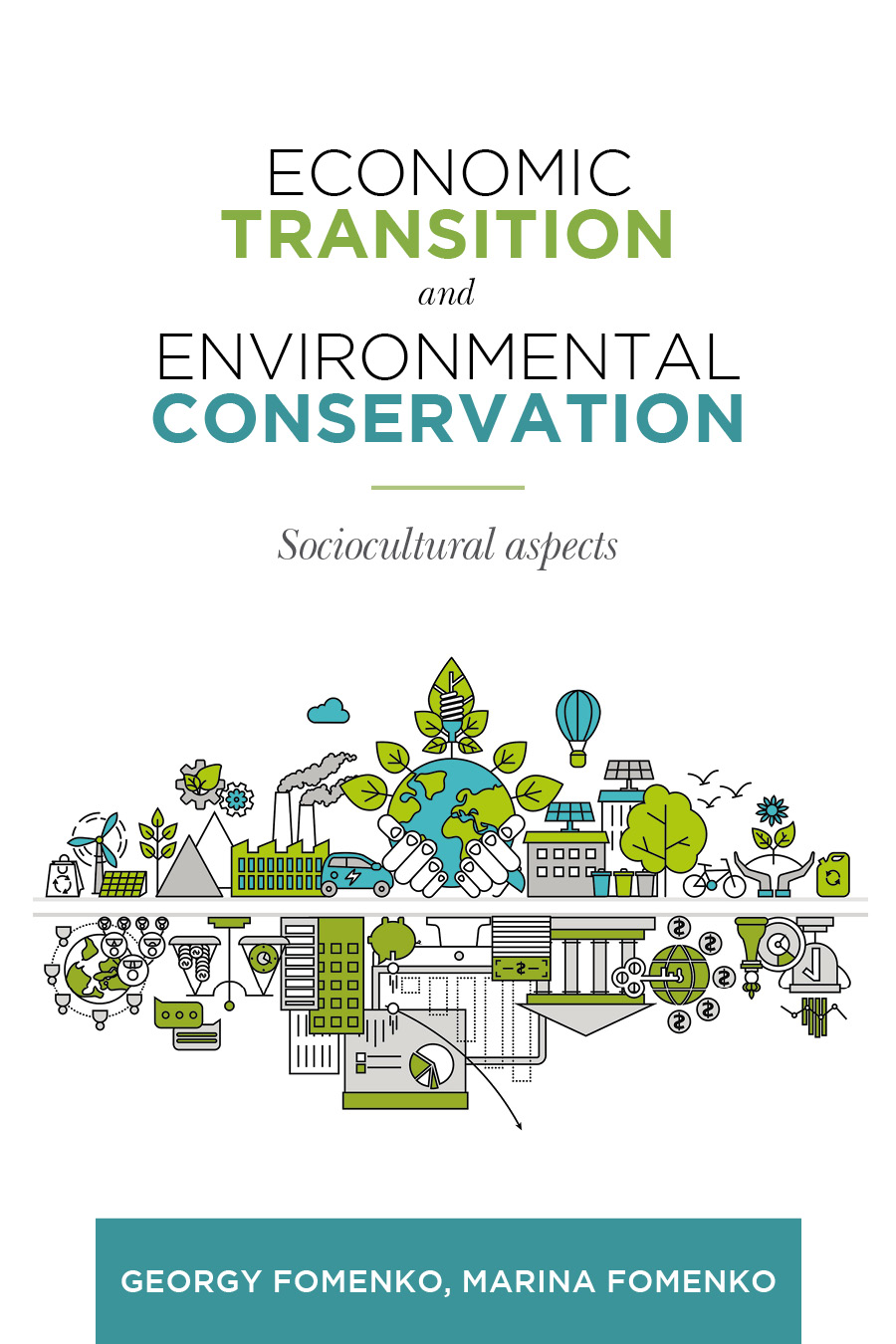Experts are increasingly of the opinion that transition to the new economic model requires a radical redefinition of the established view of the role of the individual in economic development. It changes from a factor of economic growth to the real goal of every human endeavor.
For protecting the environment, it is vital to understand that new technologies change institutional frameworks. Moreover, many of these changes are not compatible with the existence of industrial institutions. They are rapidly becoming obsolete. The transition to a new economy entails fundamental changes. Existing management structures and practices have to be revised and even replaced.
The efficiency of environmental regulation in this situation depends on two factors:
- the degree of success and flexibility of ethical beliefs about interrelation between society and nature; and
- a choice of environmental institutions that suits the conditions of each culture.
This book summarizes the experience of applying a sociocultural methodology of environmental management at various levels of territorial organization. It includes local, regional, Russian administrative regions, federal and national levels in Russia. The materials presented offer insight into the institutional aspects of environmental work. They demonstrate approaches to a gradual eco-balancing of the economy. It helps curtail conflicts and discrepancies between the global goals of sustainable development and the interests of local communities and businesses.
The book is designed for experts who are interested in environmental management and conservation.
Key words: sustainable development, goal-setting, environmental management, interdisciplinary research, ecological development of the territory.


